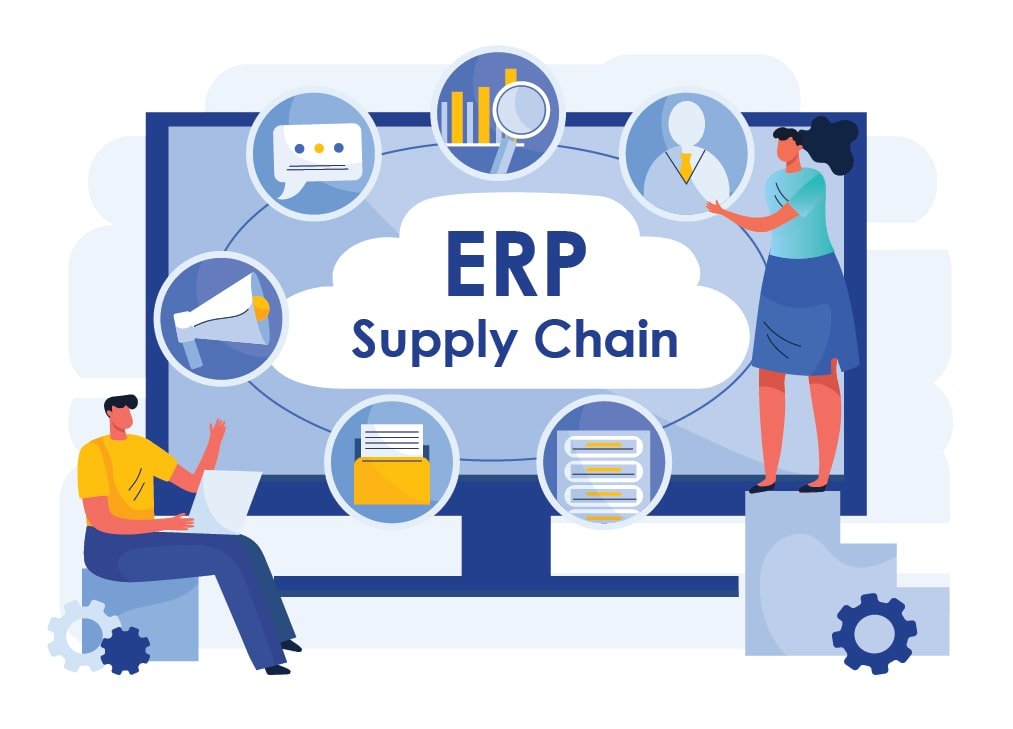1. Define Your Needs
Before you dive into searching for an ideal ERP for your business, first take time to identify your business requirements and goals that you want to achieve by implementing an ERP. Not all ERPs are created equal and hence what may suit a business may not suit yours.
Besides, identifying your needs will help you communicate with your ERP software developers in India and help them ensure that their system has all the modules required to streamline business operations.
2. Find the Right ERP System
Implementing the right ERP system is crucial to reap the maximum benefits. You will get a wide range of ERP software options in the market but making the right choice can make all the difference. Pay attention to the modules, user interface, pricing structures, licensing requirements, and other features to evaluate if the ERP system is the best choice for your business.
3. Encourage Feedback from Key Stakeholders
Successful ERP implementation requires the involvement of all the important stakeholders as well as employees, and other staff members. Ask them to give their feedback on the system and if it’s able to meet their respective requirements. They will inform you whether all the concerns and challenges are addressed.
4. Employee Training
Your employees will need time to get used to the newly implemented ERP system. Hiring the best ERP software developers in India will ensure providing the required training and tutorials for a smooth transition. Besides, you also need to ensure that the software provider keeps you updated about all the latest features to ensure that your staff can use the system to its full potential.
5. Automate Key Business Processes
This is one of the important reasons why most companies implement ERP in their organization. Automate key business processes as it will reduce human errors, and improve efficiency. For example, your ERP can issue purchase orders automatically by tracking raw materials required for production, reducing the need for manual interventions.
6. Optimize Inventory Management
An efficient ERP comes with advanced inventory management tools that keep tracking stock levels to ensure you have enough volume of products to meet customer demands. It helps in reducing storage costs and also avoids shortages which can result in loss of revenues. Businesses can also avoid wastage by preventing excessive stocks that also increase storage costs.
7. Integrate Suppliers
ERP systems aren’t only for integrating internal processes but also for suppliers and partners. Modern ERP software will enhance collaboration with suppliers to maintain transparency. It can also track supplier performance to help businesses identify reliable partners for their orders.
8. Focus on Continuous Improvement
ERP isn’t a one-time event, rather it’s an ongoing process that requires constant improvements to adapt to industry trends and changes. Businesses need to review their ERP software regularly to ensure they are able to meet specific business requirements. Collaborate with the best ERP software developers in India that can offer you seamless support.
Looking for the best ERP software to streamline your supply chain activities? Trust Autus Cyber Tech for all your ERP requirements. Check our website today to get valuable insights about our Proximo ERP.

